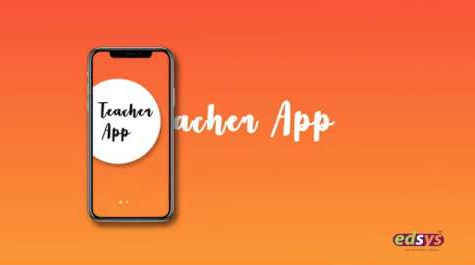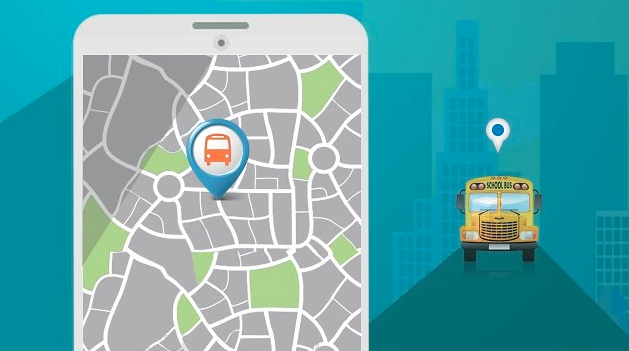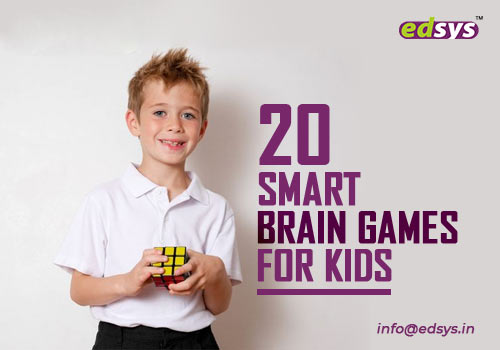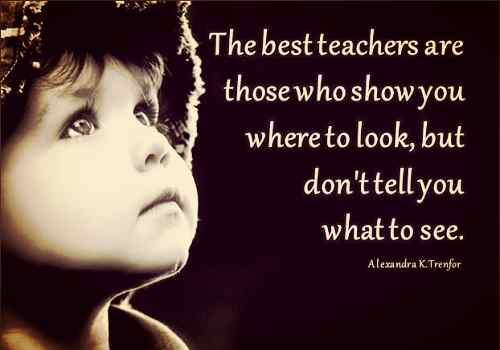Categories(658 Blogs)
Select Category
Watch Right Now
Teacher App - Class
Schedule & Attendance Management App
Parent App from Edsys

Best School Bus Tracking System

Cashless School - For Smart Schools of Tomorrow


20 Innovative and Smart Brain Games For Kids

Improving your mental skills is a continuous process. However, the foundational work has to happen during the early days of our lives.Children can learn faster, which is why parents should direct their attention to guide their brain development.It is exactly like working on the physical growth of your kid.Here, in this article, you will find 20 smart brain games to ensure a positive and consistent brain development in your kids.
Get More FREE Brain Apps (Check it Now)
1. Eye Spy
Children become more attentive and observant with this game. It saves from boredom and helps in brain development.
You need eyes, imagination, ears and time.
The rules are simple. You describe an object with respect to its shape, colour or purpose. Then, the child has to use his imagination and look for the object in the designated area. You can play this easily with one kid or with a group of kids at your place.
2. Pretend to Play
Pretend to play is a game that aligns thinking ability with emotional and social skills. Plus, the child learns better language skills as well. The game also incorporates the practice of working memory, which the child uses to create characters and pretend like those characters throughout the game.
You need a few ideas, props and scenarios.
Children are given situations and characters, which they enact. The limitations stay minimal, so kids can think outside the box and improvise.
3. The Brain and the Body
Motor coordination between mind and body improves children’s skills in sports and other physical activities. To encourage this coordination, you can incorporate these brain games for kids.
You will need a wide space for children to stretch, bend and move around.
Use the space to encourage toe wiggling. Also, you can ask the kid to use the non-dominating hand to do a few things. Start with simple activities then enhance the difficulty levels.
4. The game of memory
Recalling things will get easier for your kid with this game of memory.
You only need imagination and comfortable space.
Start by picking a theme such as objects, animals, foods or anything else. One player says a word according to the theme. The next person has to repeat the first word and include one word. This keeps going on and the number of words increases gradually. If you miss the word, you leave the game.
5. One word storytelling
This interesting group activity is about thinking creatively.
You can think of various themes for stories.
Children sit or stand, forming a circle. One kid utters a single word such as ‘yesterday’, ‘once’ or any other word. Then, the next kid has to say a word aligned with the first word and the theme. This creates a fun series of story creation.
6. Rubik’s cube
If you can turn a Rubik’s cube into your child’s favorite toy, it becomes a great fun exercise for his or her brain. From waiting for a doctor’s appointment to traveling, this game is enjoyable everywhere. Your child has to concentrate to solve the puzzle, which increases the spatial awareness. A Rubik’s Cube offers about 43 quintillion solutions.
7. Sudoku
Sudoku is another puzzle that improves your child’s brain capacity. This puzzle includes a 9*9 grid and a few of them contain numbers. The player needs to systematically fill the correct numbers, so no number comes twice in any column or row. The usable numbers are only between 1 and 9.
Must Read: Top 10 Educational Games for Kids
8. Jigsaw puzzles
If you have a young kid, this puzzle is suitable in many ways. Jigsaws are effective in improving cognitive skills in young kids. It also improves visual perception, motivates problem-solving, spatial awareness and motor skills as well. Children have to pick the right shapes and adjust them together to create a large image.
9. Mazes
Maze puzzles require finding the right path to reach the finish line from all the wrong ones. Children have to use their observation and visual skills to trigger problem-solving. You can divide the same puzzle among all your kids and ask them to finish as fast as they can.
10. Brainteasers
Brainteasers are also popularly known as riddles. Unique questions asked to kids that allow them to think outside the box and come up with the right answer. So, you can ask:
What is yours, but used mostly by others?
Answer: The name of a person.
There are many different riddles you can find online and use on a daily basis to improve your kid’s thinking abilities.
11. Obstacle course
If you are thinking about some physical activities that require brain function, then, obstacle courses are perfect.
You can design a course with obstacles, depending on the age of the kids involved.
All the kids need to hop, jump, climb, walk and crawl to complete the course.
This activity is possible at home and at school as well. Teachers can organize these brain games for kids at a big level and reward the winners. At home, you can use simple items such as cushions, chairs, tubs, and others to set the course.
12. Scavenger hunt
With scavenger hunts, you encourage immediate thinking followed by the right actions.
Children are compelled to find rewards in hidden places. They have to use their memory to find hidden items.
Depending on the design of the hunt, this game involves various physical activities such as running, climbing or simply walking.
13. Simon says
At school or a party, you can collect a group of kids to play this game.
You need a few children and a wide space to play this game.
One of the kids becomes ‘Simon’ and sends commands. These commands are followed by other kids. So, if Simon says “Jump”, players have to jump. However, the commanding player has to begin every command with ‘Simon says’. If not, the children shouldn’t follow the given command or their points get deducted.
14. Stacking toys
Stacking toys are great for young kids. It promotes brain development with hand-eye balance and motor skills. Kids have to delicately pick and stack items to make a huge tower that doesn’t fall down.
You can find age-appropriate stacking toys for toddlers, young kids and teenagers as well.
15. Neighbourhood map
Creating a map requires memory, visual observation, knowledge of angles and motor skills as well. You can ask your kid to create his or her personal map of the neighbourhood.
These brain games for kids requires large-sized papers with pencils, rulers, erasers, sketch pens, and crayons.
Also Read: 50 Math Riddles for Kids With Answers
Using the available items, the kid can make a map. First, you can allow the kid to have a quick round of the neighborhood to memorize the places. Then, use that memory to create the map.
16. Tic Tac Toe
Tic Tac Toe is a popular game of X-O, which is played on a grid of size 3*3. One player uses Xs only, while the other one can use Os only to fill the boxes. The goal is to make a diagonal, vertical or horizontal series of the sign you have selected. You can play with your kid. In multiple attempts, he or she will start beating you in the game.
17. Dot Squares
This simple game of dot squares involves kids’ mental attention for hours. The game requires two players only, so you can play anywhere and anytime.
The game requires a paper, two pencils of different colors.
First of all, one square is created on paper, using nothing but the dots. Then, you can move from small squares to bigger ones. Each player uses his/her own colored pencil to join two dots with a line. Each player gets alternate chances. A player gets points after completing a square.
18. Pictionary
Just like charades, Pictionary is also a guessing brain games for kids. But here, players have to draw in order to give clues. This helps to improve creative thinking, interpersonal skills, communication and observational abilities in kids.
You need a whiteboard, a marker, and a list of objects, topics or movie names to play this game.
You can divide children into two or multiple groups. Then, one member of a team takes the board and give clues to his or her team using the drawing skills. The team with the highest points wins in the end.
19. Paper Telephone
With pencils, kids start drawing images on the same paper according to a theme you provide. You can ask each kid to draw the image one by one. But they have to follow the same theme.
20. Crossword
Crosswords are the most portable brain games for kids that you can let your kid play. The game involves multiple grids and questions that result in answers that the kid has to write in the correct boxes.
Get More FREE Brain Apps (Check it Now)
The spelling, the position of alphabets and correct answer matters to complete the whole puzzle.
You can purchase a crossword book appropriate for the age of your kid. Give a pencil with an eraser and your kid is good to work on his or her brain development.
So, which games you think are the best for your kid?!
Recent Blogs
Our Educational Services
Popular Blogs
Subscribe

SUBSCRIBE TO OUR NEWSLETTER
Sign Up and Recieve the Latest News
Don’t Worry, We Don’t SpamExplore Our Extensive Researched Educational App Directory
Visit Now
















